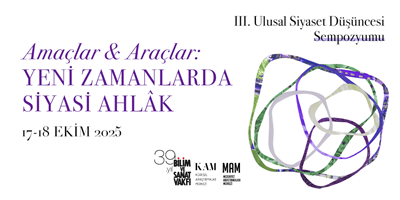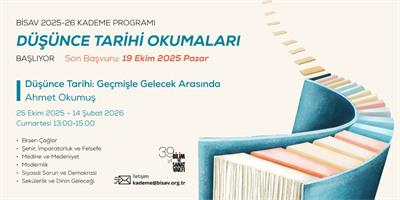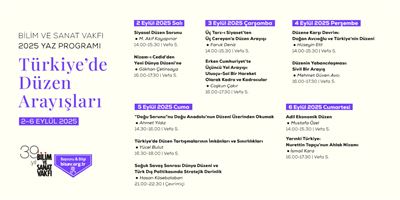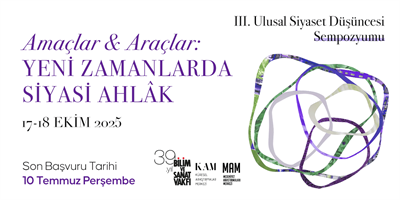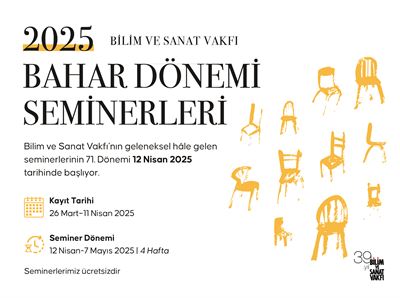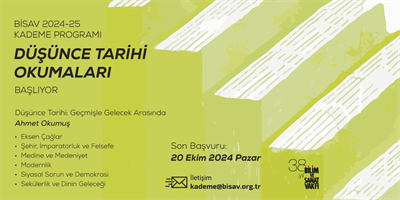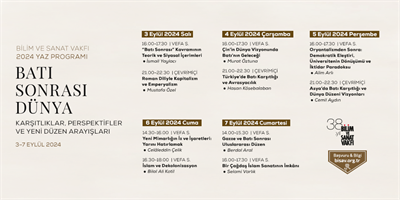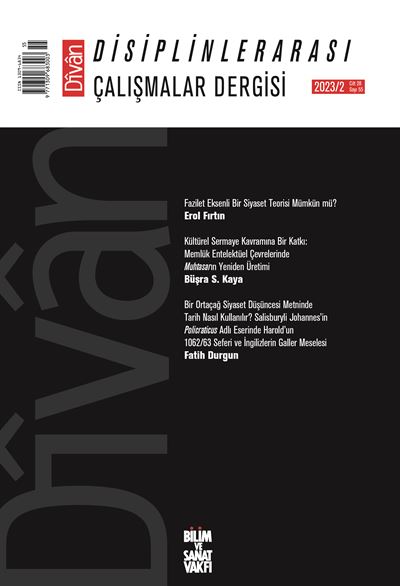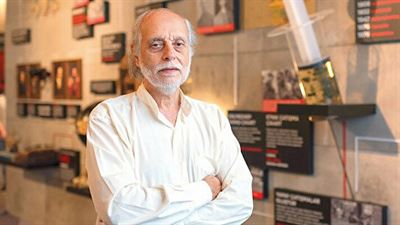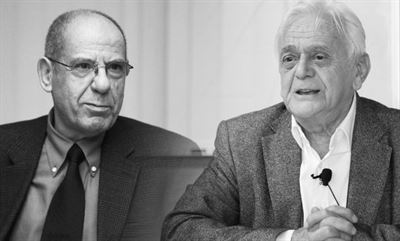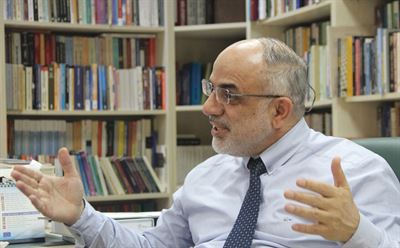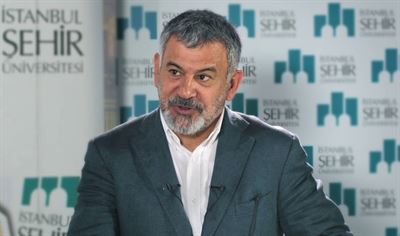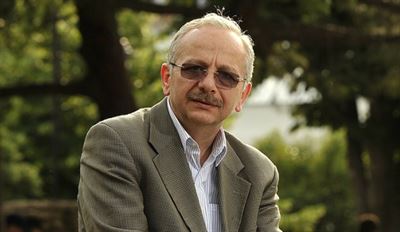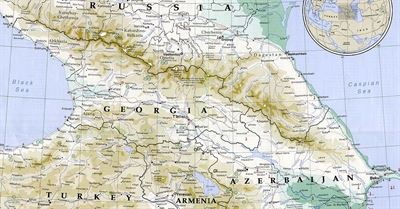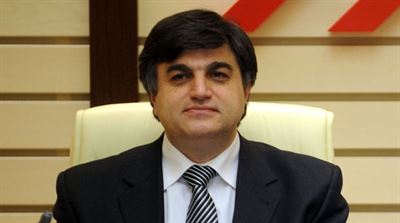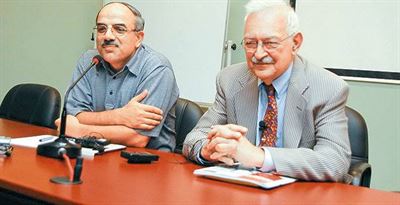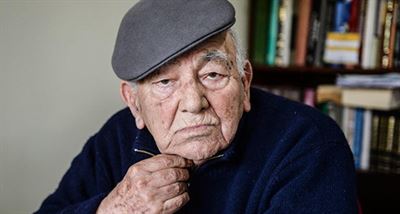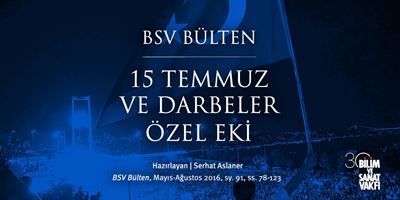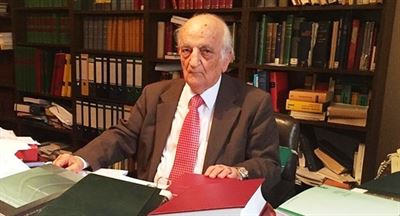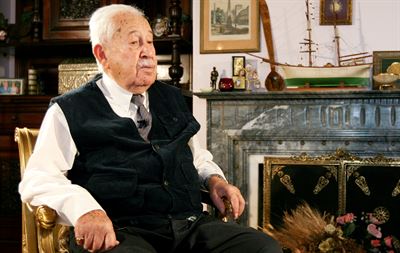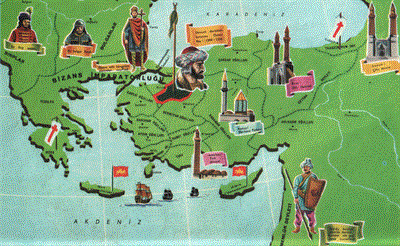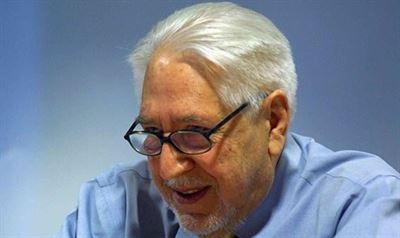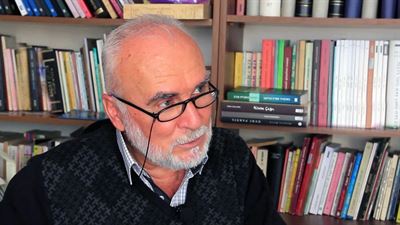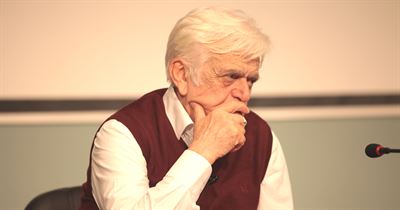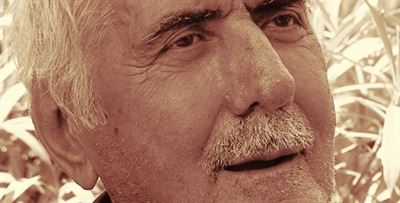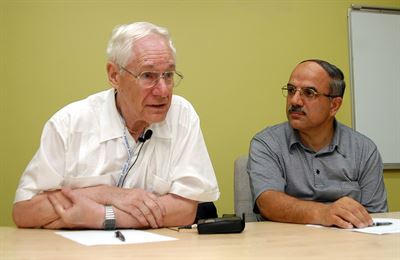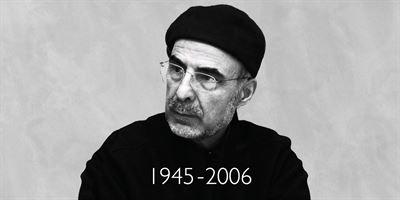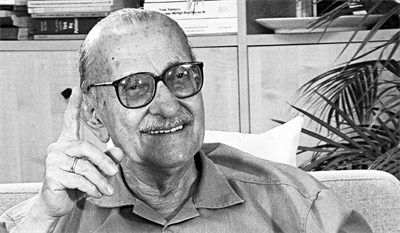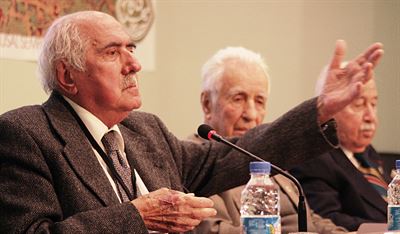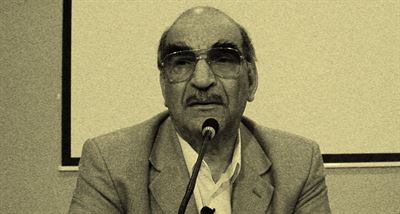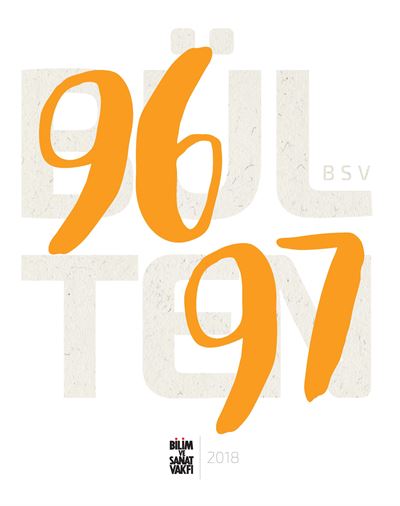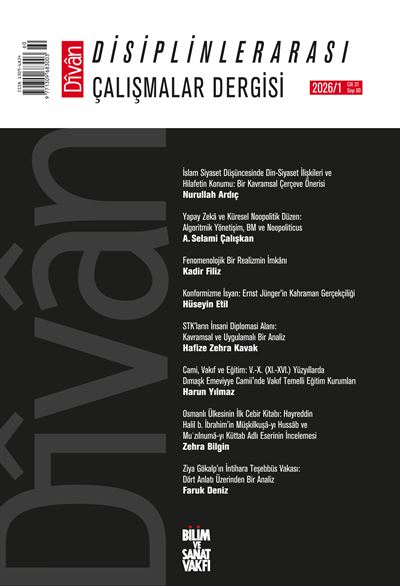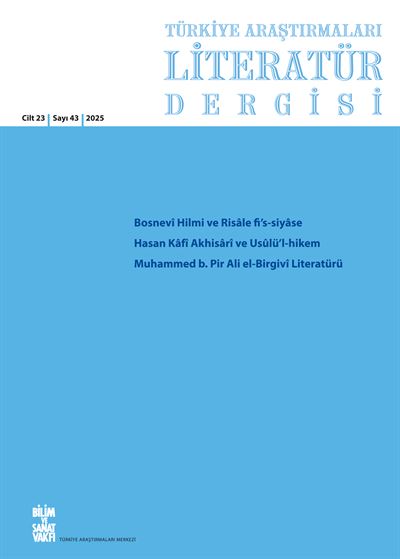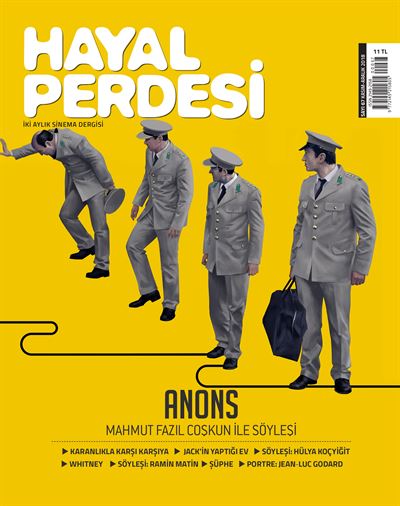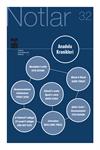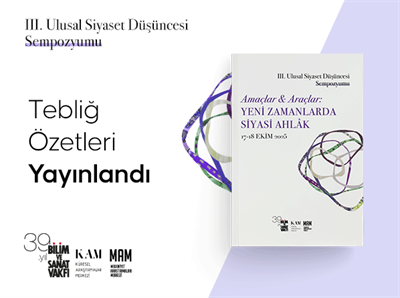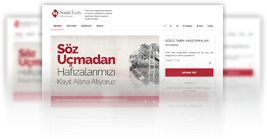
- الصفحة الرئيسية
- مراكز البحوث
- KAM
- Macedonia after the fall of Communism
KAM ROUNDTABLE MEETINGS
Macedonia after the fall of Communism
Mevludin İbish
10 يناير, 2009 06:00 م Salon: ŞAKİR KOCABAŞ SALONU
İtalya Bologna Üniversitesi'nden Mevludin İbish ile Komünizmin sonrası Makedonya devletininin kuruluşunu ve kuruluştan bugüne ülkede bulunan etnik gruplar (özellikle Makedonlar, Arnavutlar ve Türkler) arasında yaşanan gelişmeleri ve gerilimleri tartışacağız.
Macedonia after the fall of communism
Since the fall of communism, the economic, social, ethnic, and cultural problems that previously were concealed and suppressed by Communist ideologists have reemerged, and often in tragic ways. Five decades of the suppression of ethnic and social conflicts in the service of Communist ideology have resulted in the “revenge of history over ideology,” which, in post-Communist States, has manifested itself in two troubling phenomena: the creation of “ethnic States” and the creation of colonial relations, and in some instances, apartheid relations, among different ethnic groups.
Consequently, in post-Communist States, there is and there will be for the foreseeable future a struggle between the forces that seek to affirm and cultivate diversity and democracy and those that seek the ethnic, religious, economic, and political domination of one group over another. The attempt of dominant ethnic groups to achieve hegemony is being orchestrated through the misuse of Western values. Democracy is proclaimed and then subverted by officials who have transformed it into an instrument of elimination, a method for marginalizing non-dominant ethnic groups. In the Former Yugoslav Republic of Macedonia (FYROM), for example, a parliament that represents the dominant group of Macedonians “votes” to legalize their “right” to dominate the minority. In this lecture I will try to explain the political situation before and after the conflict in 2001.
MEVLUDIN İBİSH born in Skopje (Üsküp) Macedonia as an Macedonian-Albenian. He graduated from Faculty of Political Science in Skopje - ‘’Justinian I’’, then he contunied his MA studies in East European Research and Studies at Bologna University, Italy. He is currently visiting researcher at the Department of Political Science and International Relations of Marmara University.
SEMINARS

As the most traditonal activity of BISAV, the courses take place in every fall and spring of a year.
MORE INFO

